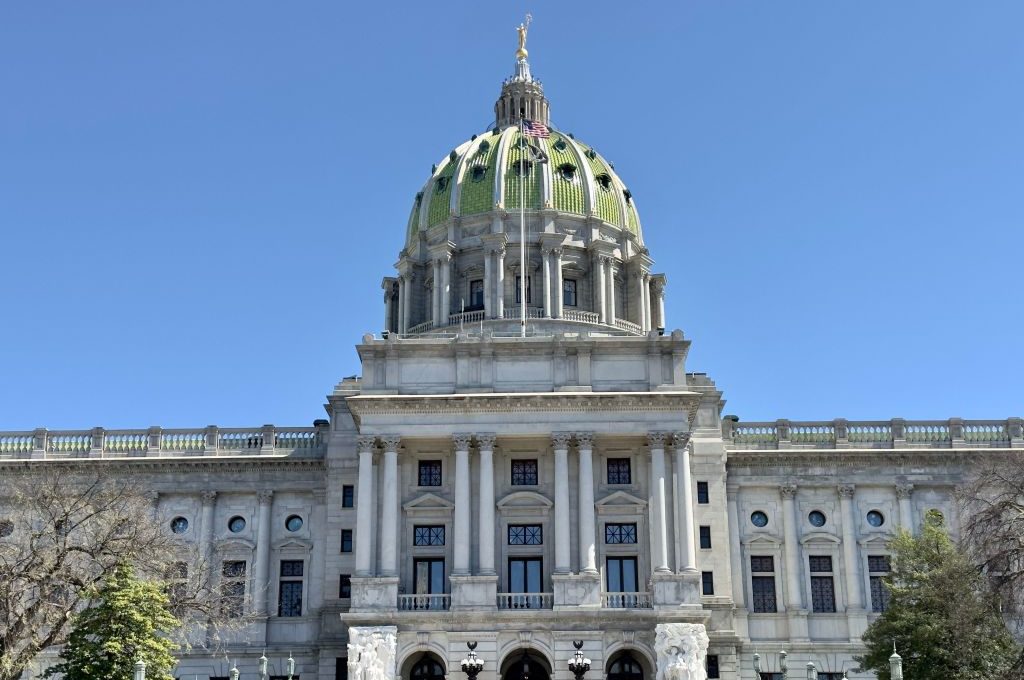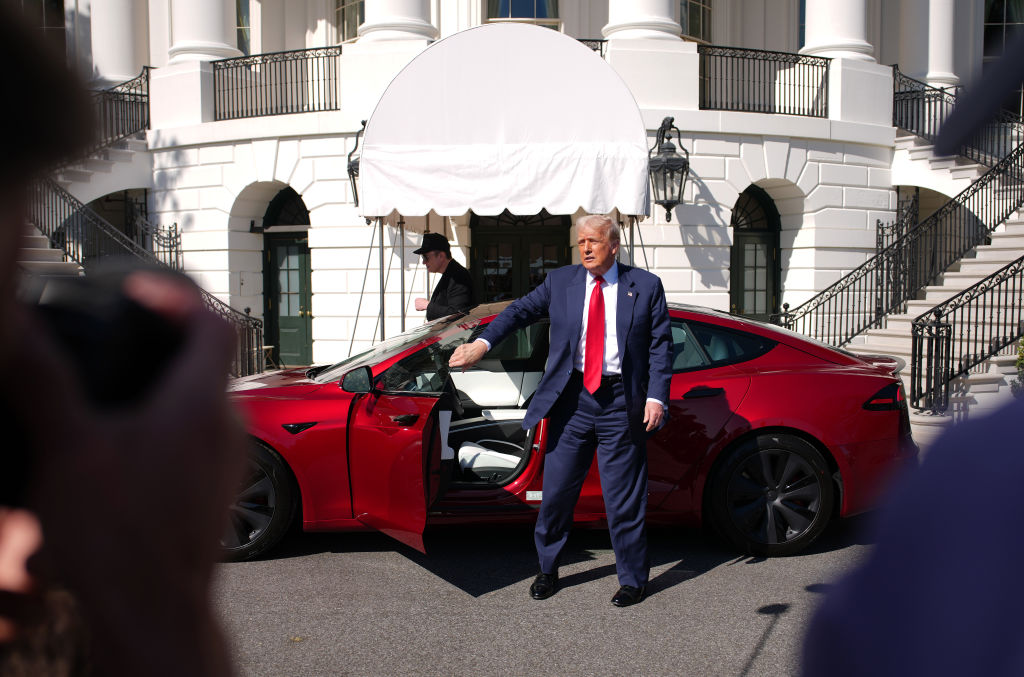When I was a college student in Texas, I told someone at a bar that I was from Pennsylvania. The guy’s eyes lit up. “Pennsylvania?!” the man exclaimed. “That means you get to drink Yuengling whenever you want!”
Yes, I mused, with a shrug and a swig of my Shiner Bock. So what? The barfly informed me he was such a big fan of America’s Oldest Brewery — established 1829 — that he and his family would haul cases of the traditional lager, Smokey and the Bandit style, back to the Lone Star State any time they traveled east of the Mississippi.
Fast-forward (just!) a few years, and Yuengling is now available in twenty-six states. Texas, my old friend would be tickled to know, was the first western state to get a taste of Yuengling back in 2021. Yuengling has been steadily expanding its footprint since 2020, when the company formed a 50-50 partnership with Molson Coors.
Yet 2023 was its real red-letter year. As sales of Budweiser products tanked in the wake of the company’s partnership with trans activist Dylan Mulvaney, Yuengling saw its sales surge by 25 percent; that was compared to Coors Light’s 21.6 percent boost and Miller Light’s 16.9 percent bump.
So what is it about this beer that’s made it stand the test of time — a time that included both Prohibition and the Great Gay Bar Boycott of 2016, when Dick Yuengling Jr. endorsed Donald Trump for president and Eric Trump visited the company’s Pottsville brewery, causing gay bars to lose their collective mind?
Sure, I grew up with adults drinking Yuengling (“Yuengs and Wings” night is a regional custom) and have emptied my fair share of green bottles. But I never took the time to appreciate the mystique of my hometown malt.
That was until I visited Pottsville, a miniature Pittsburgh on the hills along the Schuylkill, with rundown rowhouses abutting each other (and appearing to catch one another’s blight), deteriorating Victorian mansions, dive bars that smell like ancient cooking grease from the outside, and here and there a preserved brick wonder.
The Yuengling brewery itself is an impressive hunk of brick antiquity, built into the side of a hill in the style of an old firehall. To tour the brewery is to become immersed in the experience of one of the coal-mining immigrants who carved out, by hand, the enormous caves and tunnels that led to the spring water needed to brew the beer, and that also provided space, fifteen feet underground, for fermenting and storing the product.
The Yuengling family emigrated from Germany and “followed the coalminers” to Pottsville, our amiable tour guide, clad in a Carhartt sweatshirt embroidered with the Yuengling logo, informs us. As we mosey about the spacious caves, condensation drips on us from above, and we’re assured that the Occupational Safety and Health Administration had taken care to ruin the fun by ensuring the moisture is no longer alcoholic.
Yet, we further learn, it took OSHA some time to inflict its teetotaling tyranny. Brewery workers were “able to enjoy one keg per shift,” says our guide, eliciting gasps. “Oh, in Schuylkill County, that’s really nothing,” she, herself a lifelong “Skook,” clarified. The tradition of beers on the job ended in… the 1890s, I’d guess? Nope, the 1990s. And not long after, the tunnels’ oil lamps were replaced with electricity. That was way back in… 2004. Sigh. A sign of the times.
There are still plenty of charming things about the Yuengling company that even bureaucracy has not been able to ruin, though. For starters, the brewery was built seven inches from St. Patrick’s church (I’m pretty sure he’s the patron saint of drinking?), when they were the only two buildings on the entire street, with symmetrical windows for no-one-will-say-what purpose.
The business has always been family-owned and operated, and our tour guide tells us the billionaire Yuenglings are humble people. They all still live in Pottsville and Dick Yuengling Jr. (fifth generation), in particular, is known for trying to learn all his employees’ names and generally trying to make everyone feel welcome. It’s a testament to the company that their brewmaster has held his position for forty years, and it was his father’s job before him.
As we pass by a wall of black-and-white photos, our guide quips that “if you didn’t have a mustache, you weren’t welcome at the brewery.” She tells us that during Prohibition, the manhole covers concealed hidden barrels; the town had “breweries everywhere.” When Prohibition ended, Yuengling had kegs of beer ready to rush down to the White House in a week, though brewing a batch took more than twenty days. The first truckload was hijacked on the way down, but a second, more incognito shipment made it to FDR.
Outside, beside a door labeled “Government Cellar” (where taxes are dealt with) we learn how difficult it is for delivery drivers to pull their trucks into the steep, narrow receiving dock, and that it’s not uncommon for Dick Jr. to hop in the driver’s seat and do the job of parking himself. Inside, we’re told that Yuengling sends care packages to military servicemembers, and toward the end of the tour, we’re shown a framed telegram announcing the end of Prohibition.
As I sip my free samples, I examine a map chronicling Yuengling’s expansion across the US. I savor the best anecdotes of the tour and I pray the classic American values the brewery has preserved for nearly 200 years flow right along with the lager.
This article was originally published in The Spectator’s May 2024 World edition.


























Leave a Reply